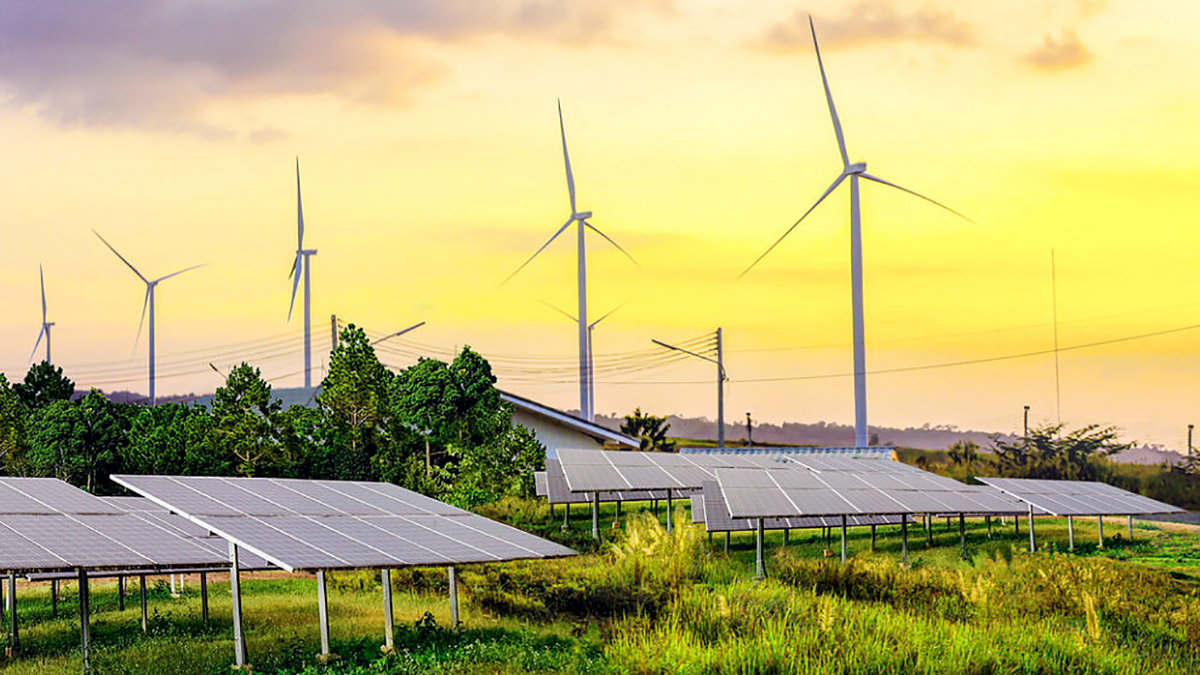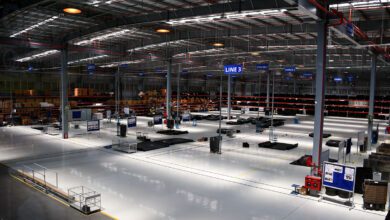Leading power producer Sembcorp on Tuesday said it has signed an agreement to supply 33 MW of electricity generated from renewable sources to Saint-Gobain’s manufacturing facilities for 25 years, helping the construction material firm meet its carbon reduction targets.
“Saint-Gobain India and Sembcorp Green Infra’s (SGIL) subsidiary Green Infra Wind Energy Ltd (GIWEL) have partnered to sign a long-term wind-solar hybrid energy supply agreement,” it said in a statement.
SGIL is a wholly owned subsidiary of leading energy and urban solution’s provider, Sembcorp Industries (Sembcorp).
“Supporting Saint-Gobain’s commitment to achieve carbon neutrality by 2050, Sembcorp will supply 33 MW of locally sourced renewable power to Saint-Gobain’s manufacturing facilities in Sriperumbudur, Perundurai and Tiruvallur, over the next 25 years” it said.
The power to Saint-Gobain’s manufacturing facilities will be supplied through a special purpose vehicle (SPV). GIWEL will hold a 74% stake in the SPV, with the remainder stake held by Saint-Gobain India.
Vipul Tuli, CEO of South Asia, Sembcorp Industries said, “The partnership with Saint-Gobain is a strong endorsement of our competitiveness and capabilities in renewable energy, and aligns with Sembcorp’s Brown to Green transformation.”
By supporting industry leaders like Saint-Gobain in meeting their carbon neutrality goals through such green partnerships, Sembcorp is demonstrating its long-term commitment to India’s green energy transition. “Hybrid wind-solar power is a clean, viable, reliable supply option to support India’s Atmanirbhar manufacturing ambitions.”
AR Unnikrishnan, Managing Director, Saint-Gobain Glass Business stated, “This step is in line with our purpose of making the world a better home. We believe in engaging key stakeholders like customers, suppliers, employees and society at large in making this happen. With like-minded partners like Sembcorp, we are embarking on a low carbon to no-carbon era, a world that all of us can be proud of and for future generations to enjoy.”
Venkat Subramanian, Managing Director, Saint-Gobain Gyproc Business said, “Saint-Gobain’s businesses across India have focused emphasis on sustainable growth and are aligned with the sustainable energy goals of India. We are excited to have the association with Sembcorp for providing renewable energy sourced locally in India.”
This association shall further support our aim to manufacture sustainable construction material in India. Aimed at fulfilling the ambitious target of 100% green power by 2027-28, the agreement with Sembcorp is also another step in our continued efforts to add more green capacity through collaboration with green power generators and to meet our sustainability targets.
Aligning with India’s goals for a sustainable economy, Saint-Gobain India has focused its expansion and development goals aligning with sustainable and renewable energy targets.
Through various initiatives like shifting of high carbon fossil fuels to natural gas, migration of solid fuels to biomass, waste heat recovery & reuse and circularity actions, the Group in India has attained its mid-term goals set for 2025 much ahead of time.
To date, Saint-Gobain India has installed multiple solar plants across locations in India. By 2023, Saint-Gobain India will have 44% of its electricity consumption coming from renewables. Rainwater harvesting, development of urban forest and bio-diversity actions continue to remain key focus areas under climate actions.
As the world pursues a low-carbon future, Sembcorp in May 2021 announced quadrupling of its gross installed renewable energy capacity to 10GW by 2025 from 2.6GW in 2020, and a 25% reduction by 2025 in its greenhouse gas (GHG) emissions from 2020.
Sembcorp’s renewable energy capacity stands at 5.7GW with wind and solar offerings in key markets such as India, Singapore, Vietnam and China.
“With this tie-up, Sembcorp strengthens its position as one of the leading renewable energy suppliers in India to reputable Commercial and Industrial consumers through bilateral power purchase agreements,” the statement said.













